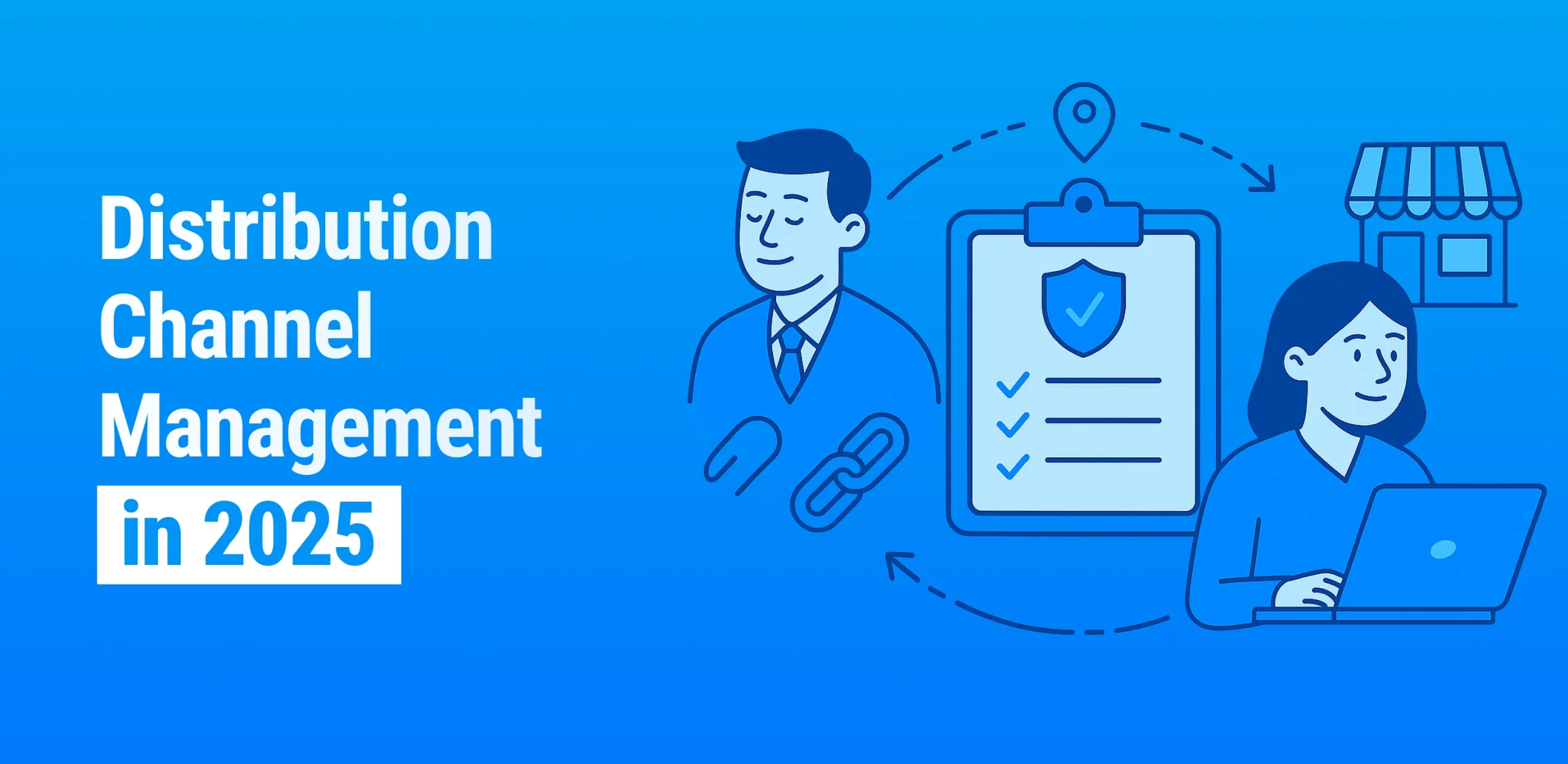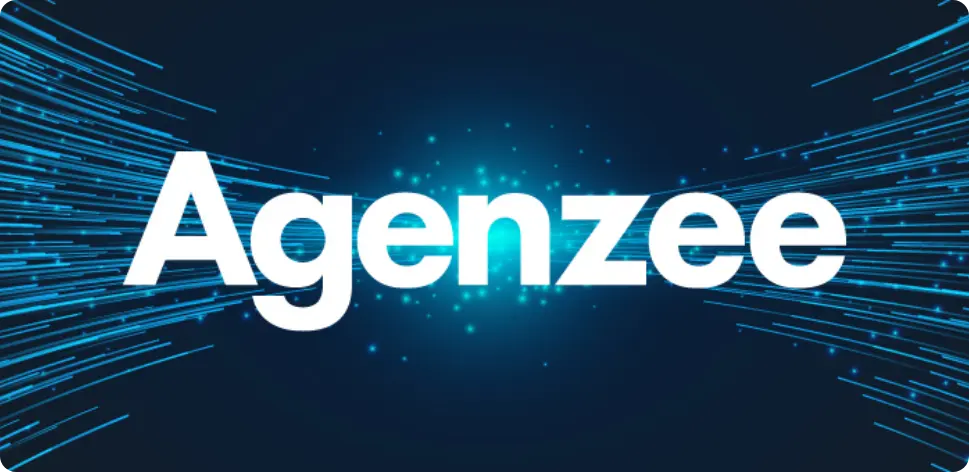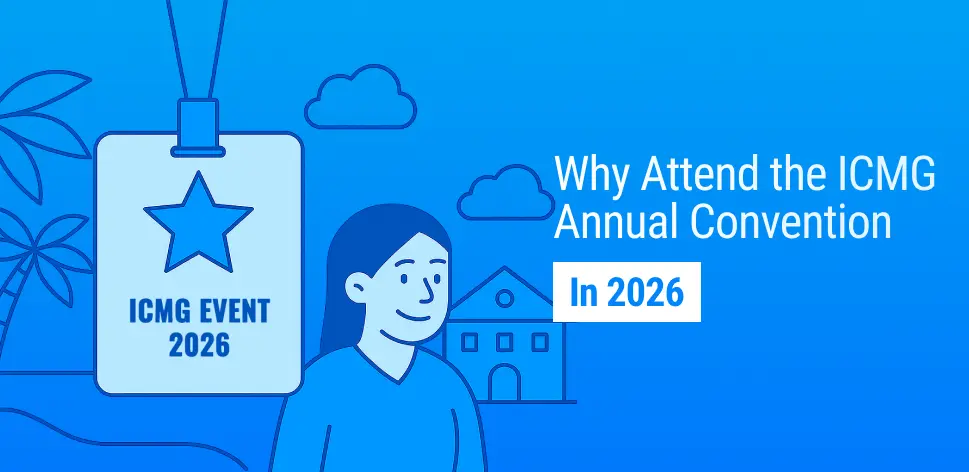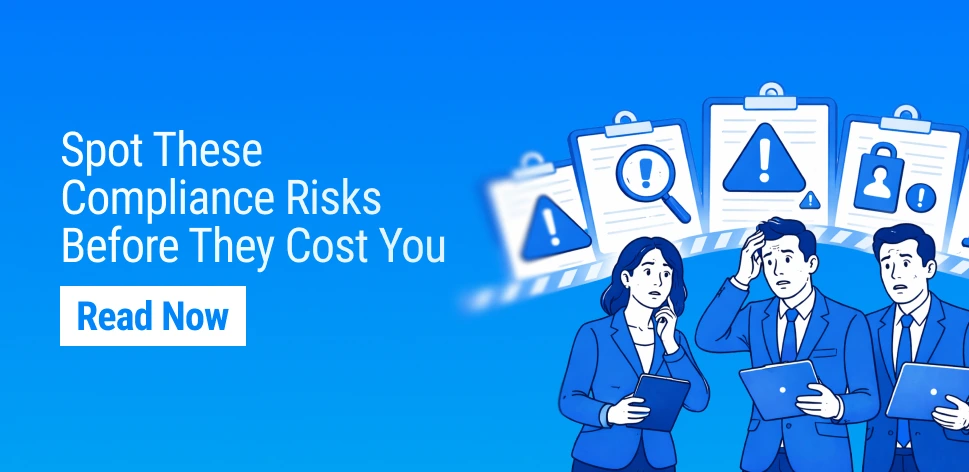Distribution Channel Management (DCM) in 2025: A Strategic and Compliance Imperative
Distribution Channel Management (DCM) is the strategic orchestration of all pathways through which a company’s goods and services reach the final consumer. It encompasses the oversight, regulation, and optimization of intermediaries such as agents, brokers, third-party administrators (TPAs), and digital channels. In 2025, DCM is more than a logistical concern—it is a cornerstone of corporate governance and regulatory compliance. As global markets expand and digital ecosystems evolve, companies face complex networks of distribution partners operating under varied legal frameworks and risk environments. Robust DCM not only mitigates regulatory and reputational risks but also enhances operational efficiency and customer satisfaction.
1. What is Distribution Channel Management?
Distribution Channel Management refers to the systematic processes, frameworks, and technologies used to manage the diverse set of entities involved in delivering a company’s products or services to its end customers. These entities include insurance agents, brokers, wholesalers, MGAs, retail partners, and digital platforms. DCM involves:
- Licensing verification: Ensuring all parties meet legal requirements.
- Onboarding and training: Standardizing induction and compliance education.
- Performance monitoring: Tracking sales, service quality, and customer feedback.
- Compliance oversight: Preventing regulatory breaches through audits and controls.
- Contract and compensation management: Ensuring transparent, fair, and compliant agreements.
Effective DCM empowers companies to respond swiftly to regulatory changes, consumer demands, and market dynamics. In 2025, it is foundational for any organization operating across multiple jurisdictions and third-party partnerships.
2. Why is DCM Essential in 2025?
Several converging trends have elevated DCM from a best practice to a strategic necessity:
- Heightened Regulatory Scrutiny: Governments and regulators worldwide are tightening oversight on how products are distributed, particularly in sectors like insurance, healthcare, and financial services. Compliance gaps can lead to severe penalties and reputational damage.
- Digital Transformation: The proliferation of digital sales channels—including mobile apps, comparison websites, and AI-based platforms—requires new forms of oversight and integration.
- Consumer Protection Mandates: Customers demand transparency, ethical conduct, and data protection. DCM enables firms to ensure that all partners uphold these standards.
- Globalization and Localization: Multinational operations require compliance with a patchwork of local laws. DCM frameworks offer the agility to scale globally while staying locally compliant.
- Operational Efficiency: DCM reduces redundancy and error by automating tasks like licensing checks and contract renewals, freeing up resources for strategic initiatives.
3. Who is Responsible for DCM?
DCM is a shared responsibility across an organization’s ecosystem:
- Insurance Carriers and Manufacturers: Ultimately accountable for the actions of all downstream partners. They must implement robust monitoring mechanisms.
- Managing General Agents (MGAs): Act as intermediaries with delegated underwriting authority. They are responsible for vetting and supervising their own downstream agents.
- Agencies and Brokers: Required to maintain valid licenses, adhere to compliance training, and ensure ethical conduct.
- Third-Party Vendors and Tech Platforms: If involved in regulated activities like lead generation or sales, they fall under compliance purview and require DCM controls.
- Compliance and Risk Officers: Charged with designing and enforcing DCM frameworks within the organization.
In practice, effective DCM requires cross-functional collaboration among legal, compliance, HR, IT, and business development teams.
4. When Should DCM Be Implemented?
DCM is not a one-time initiative—it is a continuous lifecycle management system. Key phases include:
- Pre-Engagement: Risk profiling, due diligence, and background checks before signing contracts.
- Onboarding: Ensuring the entity is properly licensed, trained, and digitally integrated into internal systems.
- Active Engagement: Ongoing license verification, performance evaluation, compliance audits, and compensation tracking.
- Event-Triggered Reviews: Reevaluation upon regulation changes, partner complaints, or red flags.
- Termination and Offboarding: Securely revoking access, archiving data, and ensuring continuity of service or redirection.
Modern DCM solutions use workflow automation, AI-based alerts, and real-time dashboards to manage this lifecycle effectively.
5. Where Does DCM Intersect with Compliance?
DCM is a central pillar of regulatory compliance. Key intersections include:
- Licensing and Appointment Verification: Ensuring all sales agents or brokers are properly authorized to operate in each jurisdiction.
- Anti-Money Laundering (AML) and Know Your Customer (KYC): Monitoring the onboarding processes of partners to ensure identity and financial integrity.
- Continuing Education (CE) and Ethics Training: Tracking that all partners maintain certifications and follow ethical standards.
- Data Privacy and Cybersecurity: Managing access to sensitive customer data in compliance with laws like GDPR, CCPA, or HIPAA.
- Audit Trails and Regulatory Reporting: Maintaining digital logs and producing documentation for periodic or surprise audits.
DCM frameworks help firms stay audit-ready and responsive to emerging regulatory expectations.
6. How is DCM Executed in Modern Enterprises?
Enterprises in 2025 deploy integrated, cloud-based DCM platforms designed to support scalability, security, and compliance. These systems typically feature:
- Automated Workflows: For onboarding, background verification, training assignments, and compliance attestations.
- Dynamic Dashboards: Offering real-time visibility into partner compliance status, license expirations, and sales metrics.
- Regulatory Integration: APIs linked to state and national registries for real-time license and appointment verification.
- Contract Lifecycle Management: Centralized tools to manage distribution agreements, commission schedules, and renewal alerts.
- Role-Based Access Control: Ensures the right individuals within a partner organization have appropriate access.
- Incident Management Systems: To document and track investigations, partner complaints, or regulatory inquiries.
These tools reduce manual error, standardize governance, and enable enterprises to scale responsibly.
Is DCM Mandatory for All Entities?
By 2025, DCM has become a regulatory expectation across nearly all regulated industries. While laws vary by jurisdiction, the functional requirement for DCM applies as follows:
| Entity |
Is DCM Mandatory? |
Rationale |
| Insurance Carriers |
✅ Yes |
Legally responsible for sales conduct of all partners |
| MGAs |
✅ Yes |
Delegated authority requires oversight responsibilities |
| Insurance Agencies/Brokers |
✅ Yes |
Must comply with licensing, training, and compensation rules |
| Fintech/Insurtech Vendors |
🟡 Sometimes |
Required if performing regulated activities like sales |
| Health Providers/Networks |
✅ Yes |
Mandated under patient protection and fraud prevention laws |
Failure to implement DCM may result in enforcement actions, civil fines, license revocations, or inclusion in watchlists.
Questions People Ask Frequently About DCM in Insurance
- What is Distribution Channel Management in insurance?
DCM is the process of overseeing, optimizing, and regulating all the channels—like agents, brokers, MGAs, and digital platforms—through which insurance products reach customers.
- Why is DCM critical for compliance and risk management?
DCM ensures only qualified, licensed intermediaries sell insurance, reducing regulatory, financial, and reputational risks.
- Who is responsible for DCM in an insurance organization?
Responsibility is shared among carriers, MGAs, agencies, compliance officers, and sometimes third-party vendors involved in distribution.
- How does DCM improve operational efficiency?
Automated DCM streamlines onboarding, licensing, and monitoring, reducing manual errors and freeing up resources for growth.
- What are the risks of poor DCM practices?
Lapses in DCM can lead to compliance violations, fines, license revocations, and loss of customer trust.
- How does digital transformation impact DCM?
Digital tools enable real-time compliance, seamless onboarding, and data-driven channel optimization, but require robust oversight.
- What are the best DCM platforms in 2025?
Leading platforms offer cloud-based automation, real-time dashboards, and regulatory integrations, but selection depends on organizational needs.
- How does AI enhance DCM and compliance?
AI automates license checks, flags anomalies, and predicts compliance risks, making DCM more proactive and efficient.
- What are the latest regulatory trends in insurance distribution?
Trends include stricter licensing, increased data privacy requirements, and more frequent audits across jurisdictions.
- How can insurers measure and optimize channel performance?
Insurers use KPIs like conversion rates, compliance scores, and customer satisfaction to monitor and enhance channel effectiveness.
Summary
In the evolving landscape of 2025, Distribution Channel Management is no longer an optional framework—it is a non-negotiable component of operational integrity. Enterprises that proactively manage their distribution ecosystems not only avoid regulatory pitfalls but also build a foundation for trust, scalability, and innovation. With real-time oversight, automated controls, and cross-functional integration, DCM stands as the backbone of modern governance in multi-entity environments.







